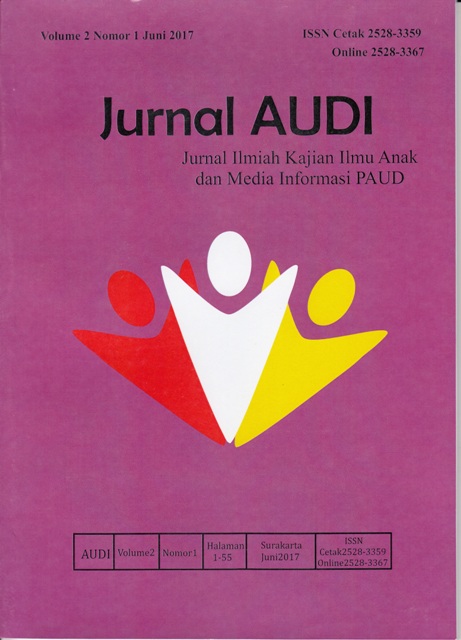OPTIMALISASI KEMAMPUAN METAKOGNISI MAHASISWA MELALUI PENERAPAN MODEL PEMBELAJARAN KOOPERATIF UNTUK MENINGKATKAN PRESTASI BELAJARNYA
DOI:
https://doi.org/10.33061/jai.v2i1.9044Abstract
This classroom action research aimed to improve students' learning achievement through enhancing students' metacognition ability in understanding the material of students' development. The study was conducted due to the unsatisfactory learning achievement of the students that did not meet the expected competency standards. The pre-intervention scores of the students were 2.70% in the excellent category (A), 27.03% in the moderate category (B), 64.86% in the sufficient category, and the rest were below the standard. The research subjects were 49 second-semester students consisting of 31 students from the Elementary School Teacher Education (PGSD) study program and 18 students from the Informatics Engineering Education (PTI) program. The sampling technique used was saturated sampling. The success indicator was determined by the action declared successful if the average value was above 75 and the number of students who passed the minimum mastery criteria (KKM) was more than 80%. Qualitative descriptive analysis was used to analyze the data. The research findings showed that the application of the cooperative learning model could improve students' learning achievement in understanding the material of students' development through enhancing their metacognitive abilities.
Downloads
References
Eggen, Paul D & Kauchak (1996). Strategies for Teacher Teaching Content and. Thinking Skills, New Jersey, Prentice Hall.
Isjoni. (2011). Pembelajaran Kooperatif. Yogyakarta: Pustaka Pelajar.
Iwai, Y. (2011). The effects of metacognitive reading strategies: Pedagogical implications for efl/esl teachers [Versi electronik]. The Reading Matrix, 11, 2, 150-159.
Malone, L.K. (2007). The Convergence of Knowledge Organization, Problem-Solving Behavior, and Metacognition Research with The Modeling Method of Physics Instruction – Part II. Journal Physics Teacher Education.
Ozsoy, G. & Ataman, A. (Maret 2009). The effect of metacognitive strategy training on mathematical problem solving achievement. International Electronic Journal of Elementary Education, 1, 2, 67-82. Diakses tanggal 27 mei 2016 dari http://www.iejee.com/1_2_2009/ozsoy_ataman.pdf.
Quirk, M. (2006). Intuition and metacognition in medical education: Keys to developing expertise. New York, NY: Springer Publishing Company, Inc.
Schraw, G. & Dennison, R. S. (1994). Assessing metacognitive awareness [Versi electronik]. Contempory Educational Psychology, 19, 460-475.
Schneider, W. (2010). Metacognition, strategy use, & instruction. Dalam H. S. Waters & W. Schneider (Eds.), Metacognition and Memory Development in Childhood and Adolescence (pp. 54-81). New York, NY: the Guilford Press.
Wells, A. (2009). Metacognitive therapy for anxiety and depression. New York, NY: the Guildford Press.
Zohar, A. (1999). Teachers’ metacognitive knowledge and the instruction of higher order thinking [Versi electronik]. Teaching and Teacher Education, 15, 413-429.
Uno, Hamzah B. (2007) Model Pembelajaran: Menciptakan Proses Belajar Mengajar yang Kreatif dan Efektif. Jakarta: PT Bumi Aksara.
Downloads
Published
How to Cite
Issue
Section
License
Copyright (c) 2023 Jumanto Jumanto

This work is licensed under a Creative Commons Attribution-NonCommercial 4.0 International License.
Authors who publish this journal agree to the following terms:
- Authors retain copyright and grant the journal right of first publication with the work simultaneously licensed under a Creative Commons Attribution License that allows others to share the work with an acknowledgement of the work's authorship and initial publication in this journal.
- Authors can separately make additional contractual arrangements for non-exclusive distribution published by the journal (e.g., publish it in a book), with an acknowledgement of its initial publication in this journal.
- Authors are allowed and encouraged to send their work via online (e.g., in the institutional repositories or their website) after published by the journal.
















